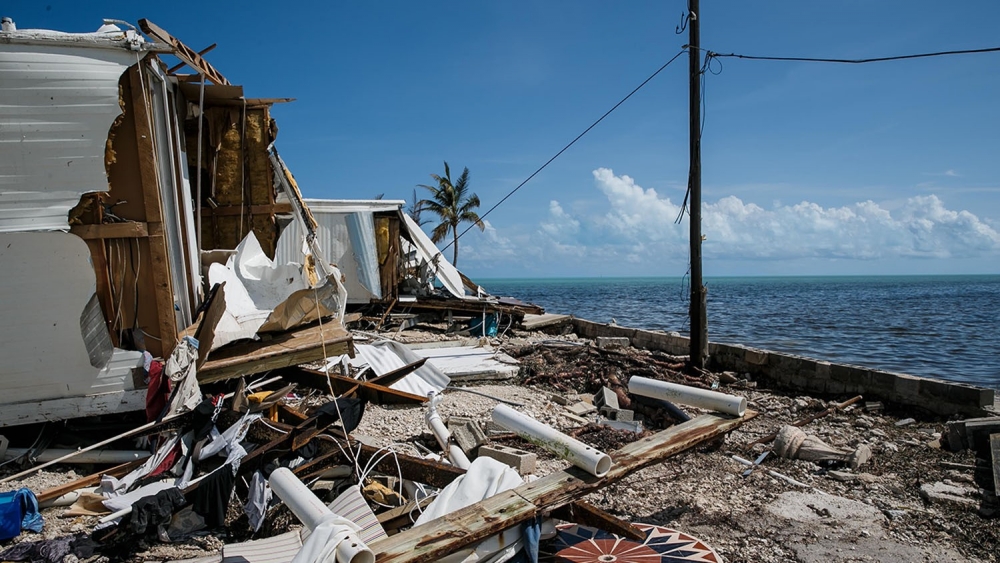Caribbean launches new early warning system to increase climate resilience

An initiative to improve multi-hazard early warning systems during the dry-season Caribbean Climate Forum (CariCOF) has been launched in Barbados.
The Caribbean region has withstood high-impact hydrometeorological hazards such as tropical storms and hurricanes which have led to landslides, floods and storm surge.
In 2017, the region was hit by Hurricane Irma which caused widespread destruction and loss of life across Barbuda, Anguilla, Virgin Islands, Puerto Rico and many other areas.
Barbados suffered from flooding due to Tropical Storm Kirk in September 2018.
The World Meteorological Organisation (WMO), the United Nations Office for Disaster Risk Reduction (UNISDR) and the World Bank will lead the project titled “Strengthening Hydro-Meteorological and Early Warning Services in the Caribbean.”
The Caribbean Institute of Meteorology and Hydrology (CIMH) and the Caribbean Disaster Emergency Management Agency (CDEMA) will work to implement this project at the regional level.
Edmund Hinkson, Minister of Home Affairs, Barbados commented:
“The Climate Risk and Early Warning Systems Initiative (CREWS) brings comparative advantage of all agencies together.”
Edmund Hinkson also noted that a regional framework would be crucial in allowing people to make informed decisions during natural hazards, leverage more funding, and improve cooperation.
Ronald Jackson, Executive Director of the CDEMA added:
“All of what we do will have an impact at community level. If we do not look at national level to sustain our current investments, they might not be here ten years from now.”
The launch included 65 representatives from priority sectors, hydrological, meteorological and disaster risk management, partner agencies and expert institutions in the region. Germany, Luxembourg, the Netherlands, Australia and France (Chair) serve as contributing partners and contribute to (CREWS).
Statistics from the WMO illustrate that between 1980 and 2007, approximately 98 percent of the disasters, 99 percent of casualties and 99 percent of the economic losses in this region correlated to hydro-meteorological and climate change.
In the future, climate change is predicted to further exacerbate hazard levels while inadequate construction practices and unplanned urban expansion are increasing vulnerability.
AIDF Global Summit will return to Washington D.C., USA in September 2019.
If you’d like to stay informed on the latest updates in aid and development, please sign up for the AIDF newsletter.
Photo Credit: Los Angeles Times













